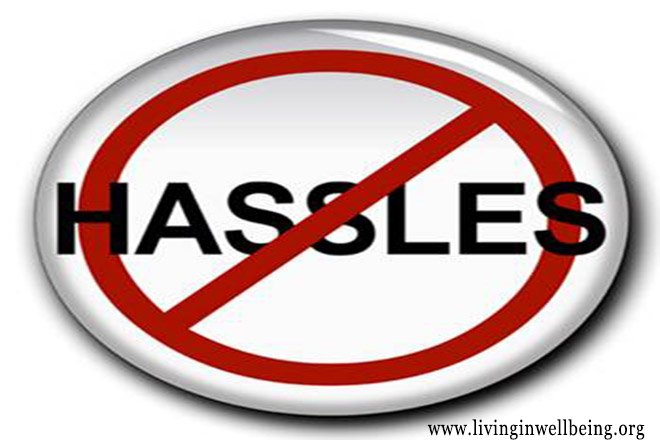Do You Have Only One Month to Plan a Corporate Event? Here’s How to Do it Right :
The venue
Thirty days or a month from the big day, it’s time to go into specific details regarding the venue, the speakers, if any, and the food. The venue is the most critical aspect of your event, so you need to take care of it first. Besides, it can be difficult to find venues at the last minute as most of the popular ones will have already been booked way in advance. When it comes to the venue, determine the number of guests you will have, and start looking. Once you find a good venue, secure it as soon as you can by settling the deposit. Whatever other details you need to work out can be fixed later on – what’s most important is to secure your venue before you lose it to another planner.
At this point, it’s best not to be picky. A big or popular venue may already be booked, so you can check for smaller corporate event venues or venues a bit outside of the box, such as manor houses, courts, colleges, estates and vineyards, and even barns – a lot of these venues are actually quite modern nowadays, complete with contemporary facilities, so you’d be pleasantly surprised. It may even end up being a wow factor for your guests.
The speaker
For the speakers, make sure you have a keynote one, as he or she will draw in your guests. This is the perfect time to count on your network or connections – whom can you count on for a favor? Think outside the box once again, and don’t just consider those in your industry; sportspeople, for instance, can be inspirational as well.
The food
If your corporate event involves food, then you should first confirm with your venue if they can provide you with food or if you need to supply your own with a caterer. If you need a caterer, look for one and secure their services after confirming the date and time and the costs. Then you can already select the menu (don’t forget to consider those with allergies as well). Since you don’t really have time to look for caterers, it’s best to choose one based on recommendations as well.
After you have secured the three most important aspects, it’s time to work on volunteers (get as many as you can), promotional tools and materials, guest reminders, and on the day itself, make sure to confirm with your caterer, the speaker, and the venue – and you should be set.
Read Also:






















